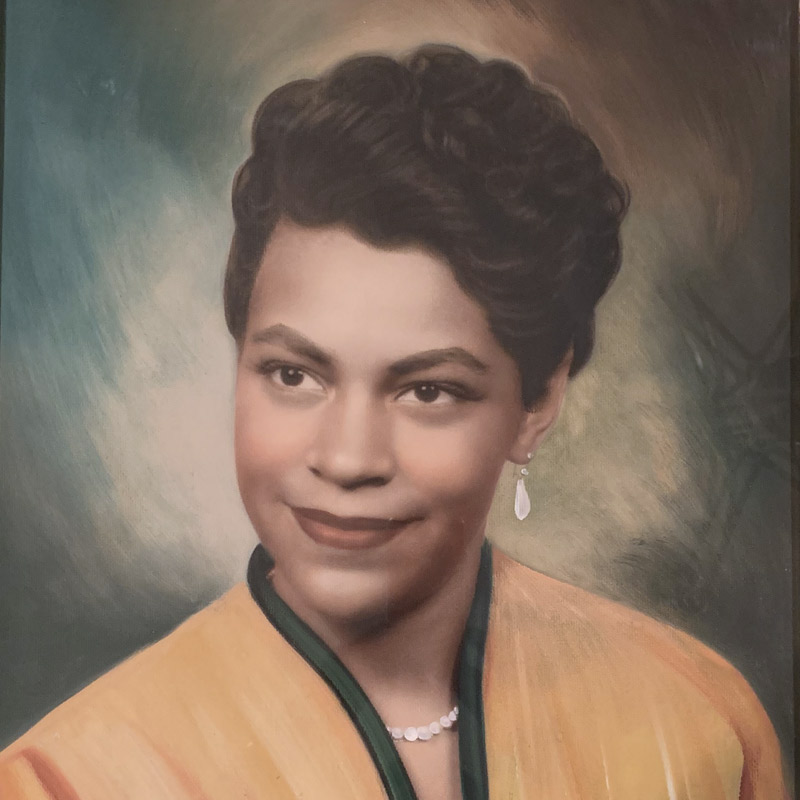 My mother recently passed away, and as I reflected on her life and thought about my work in women’s health, I couldn’t help but consider the impact “isms” had on her health and well-being across her 85 years. It’s my belief that oppressive actions by individuals and societal systems has a detrimental health impact. We are seeing the evidence of this in the lives of black women, especially in the current startling rates of black maternal mortality. What will it take to change what needs to be changed?
My mother recently passed away, and as I reflected on her life and thought about my work in women’s health, I couldn’t help but consider the impact “isms” had on her health and well-being across her 85 years. It’s my belief that oppressive actions by individuals and societal systems has a detrimental health impact. We are seeing the evidence of this in the lives of black women, especially in the current startling rates of black maternal mortality. What will it take to change what needs to be changed?
As a woman of color, my mother encountered racism and sexism throughout her life. As a youth, despite excellent grades in school, she was assigned to trade classes, not college prep. As a young mother in a southern Illinois community, she was told she would have to go around to the back door of an eating establishment to buy a cool drink for herself and her toddler. When she landed a much-desired job, she was forced to decline the offer after discovering she was pregnant with her third child. Throughout her career, she was paid significantly less than male colleagues doing the same job. In later years and with a debilitating chronic disease, she had to arm herself with medical knowledge to ensure she received appropriate care.
My mother was diagnosed with rheumatoid arthritis (RA) in her late 50s. RA is an auto-immune disease where the body’s immune system – which normally protects its health by attacking foreign substances – mistakenly attacks the joints. This attack ultimately leads to severe joint damage. Although the cause is not fully understood, factors that may trigger development of RA include the body’s response to stressful events such as physical or emotional trauma. As a black woman, my mother certainly experienced emotional trauma.
I am one of my mother’s six children. All her children survived well into adulthood although she had challenging pregnancies, several difficult deliveries, and at least one episode of post-partum depression. She and my father parented us through the 60s, 70s, and 80s, during a time of deep racial strife and unrest. I recall the time my brother was invited to a friend’s birthday party at a local roller-skating rink but was barred from going because they only allowed “coloreds” on a certain day and time. My mother wrote an opinion piece that ran in the town newspaper criticizing the discrimination her child experienced. Black mothers know the feeling of wanting the best for your child and the stress and pain caused when injustices are perpetrated against them.
My mother’s story is not unique. My mother’s story is my story and the story of countless others, not in the past but in the present. Racism and sexism continue to support actions like unequal opportunities in the educational system, lower wages than white and male counterparts, housing discrimination, criminal justice practices that disproportionally incarcerate blacks, and inferior health care to name but a few. It’s inconceivable these stressors would not have an impact on health and well-being at any point in a women’s life. It’s unconscionable to not strive to protect the health of future generations of black women through the eradication of racism and sexism in our society.


